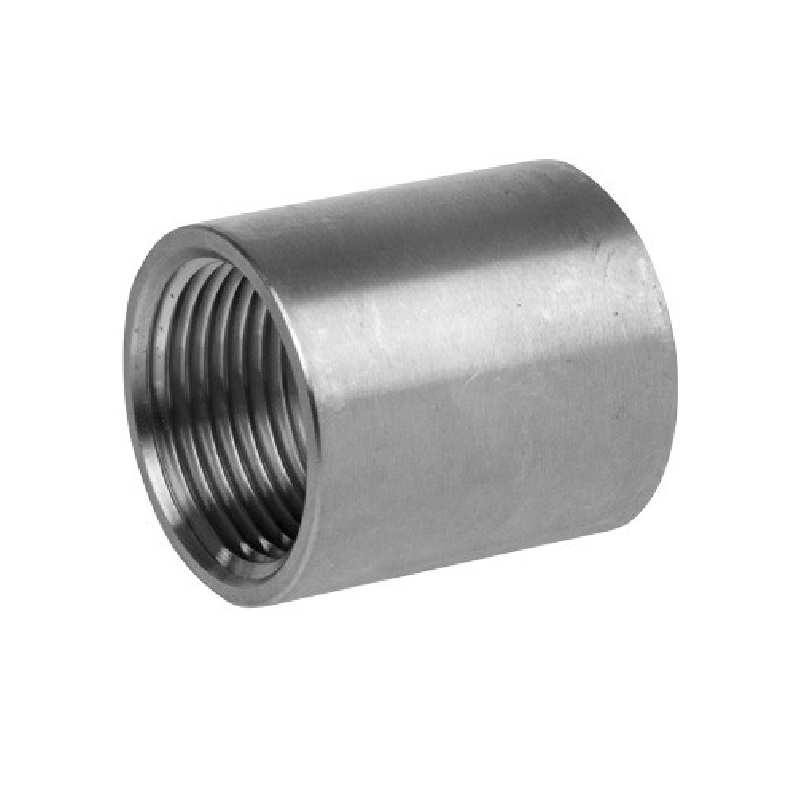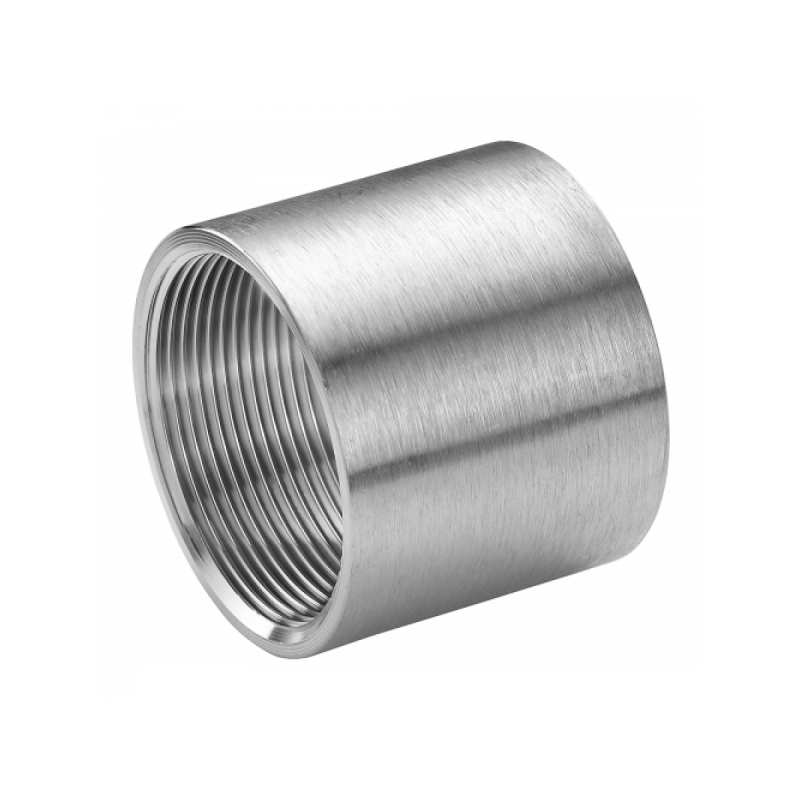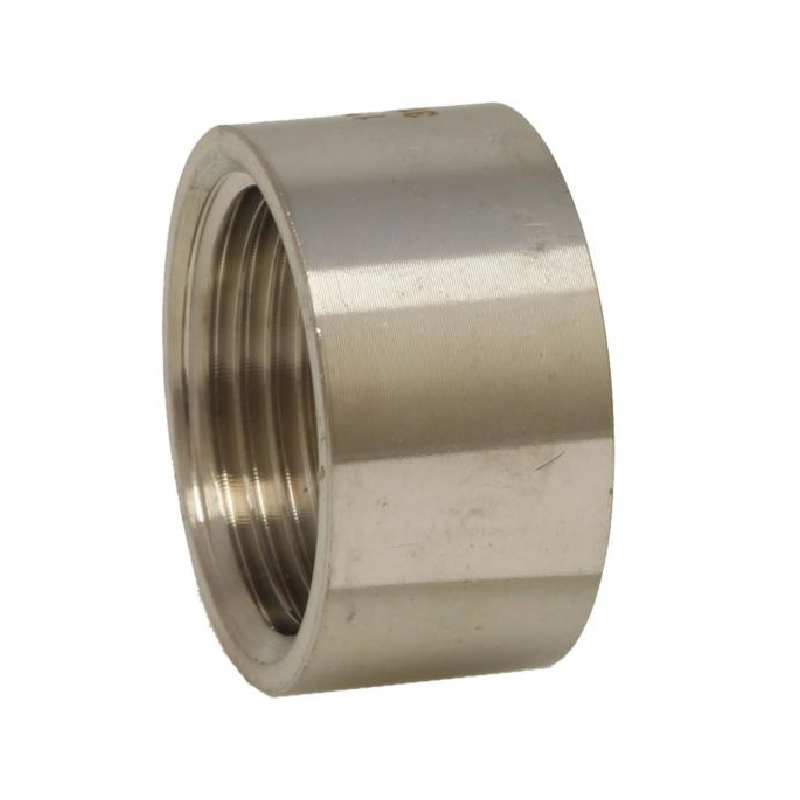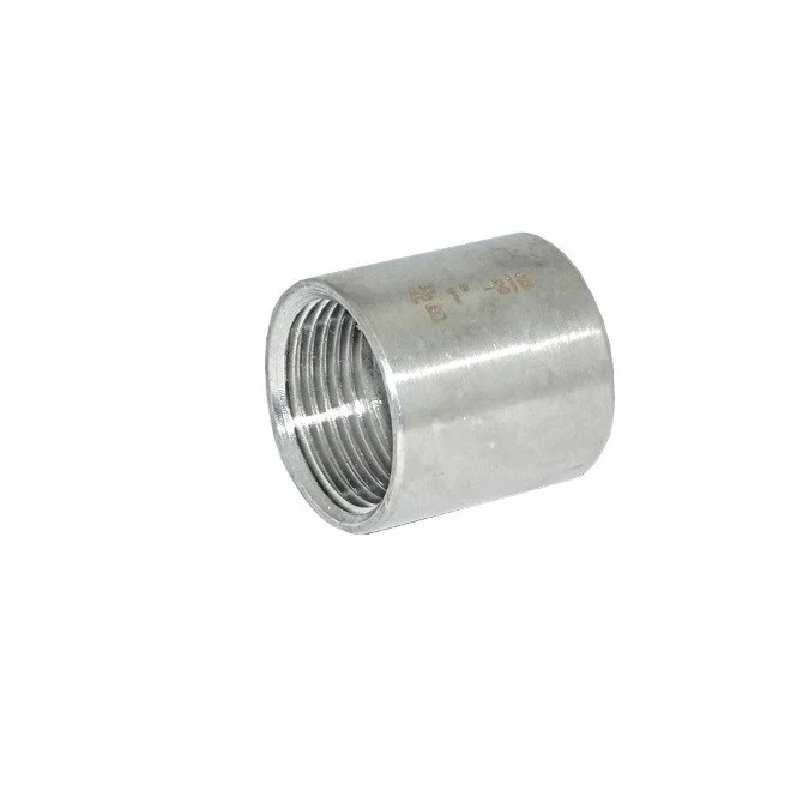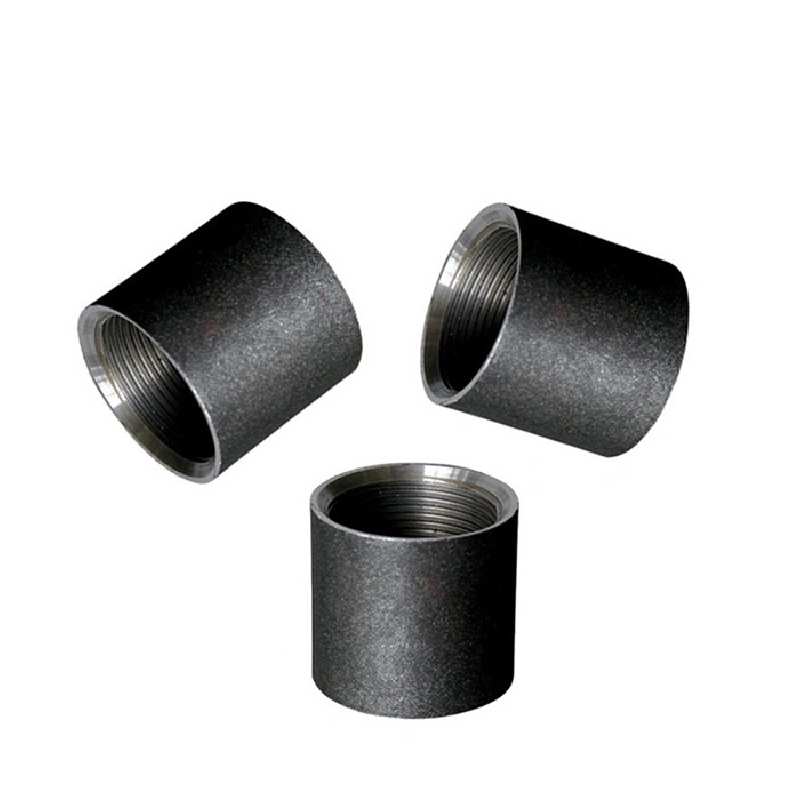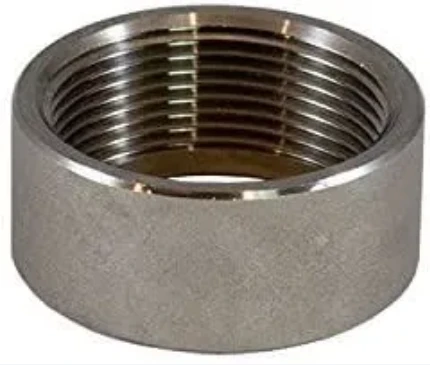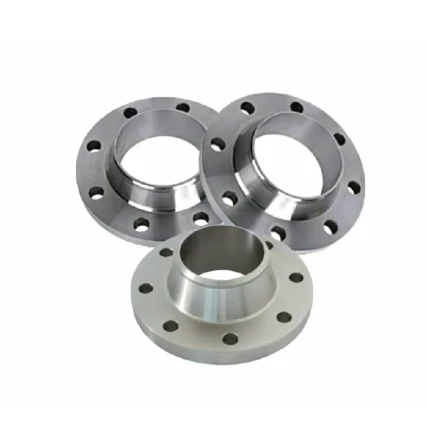-
Connexion sécurisée:
Les raccords filetés sont conçus pour créer une connexion sûre et étanche entre deux tuyaux ou raccords filetés. Ils comportent des filetages internes aux deux extrémités, leur permettant de se visser sur les filetages externes des tuyaux ou raccords. Une fois serré, le raccord forme un joint robuste qui évite les fuites et assure un écoulement de fluide ou de gaz sans interruption.
-
Applications polyvalentes :
Les raccords filetés trouvent des applications dans un large éventail d'industries, notamment la plomberie, le CVC (chauffage, ventilation et climatisation), l'irrigation et les systèmes de tuyauterie industrielle. Ils sont utilisés pour connecter des tuyaux, des vannes et des accessoires dans des environnements résidentiels, commerciaux et industriels, offrant une solution pratique et efficace pour assembler des composants filetés.
-
Sélection des matériaux :
Les raccords filetés sont disponibles dans différents matériaux pour s'adapter à différentes conditions de fonctionnement et supports. Les matériaux courants comprennent le laiton, l’acier inoxydable, l’acier au carbone et le PVC (chlorure de polyvinyle). Le choix du matériau dépend de facteurs tels que la résistance à la corrosion, la pression nominale, la température et la compatibilité avec le fluide transporté.
-
Facilité d'installation:
L'un des principaux avantages des raccords filetés est leur facilité d'installation. Ils peuvent être vissés rapidement et facilement sur des tuyaux ou raccords filetés à l'aide d'outils de base tels que des clés ou des clés à tube. Cette simplicité d'installation réduit les coûts de main-d'œuvre et les temps d'arrêt, faisant des raccords filetés un choix privilégié pour les réparations, la maintenance et les installations de plomberie.
-
Joint étanche :
Les raccords filetés sont conçus pour créer un joint étanche entre les composants connectés. Les filetages du raccord s'engagent dans les filetages des tuyaux ou des raccords, créant ainsi une connexion étanche et sécurisée qui empêche le fluide ou le gaz de s'échapper. Une installation et un serrage corrects du raccord garantissent une étanchéité fiable qui résiste à la pression et maintient son intégrité dans le temps.
-
Compatibilité:
Les raccords filetés sont disponibles en différentes tailles et normes de filetage pour garantir la compatibilité avec différents diamètres de tuyaux et types de filetage. Les normes de filetage courantes incluent le NPT (National Pipe Thread), le BSP (British Standard Pipe) et les filetages métriques. Il est essentiel de sélectionner des raccords qui correspondent à la taille du filetage et au type des tuyaux ou raccords connectés pour garantir un ajustement et une étanchéité appropriés.
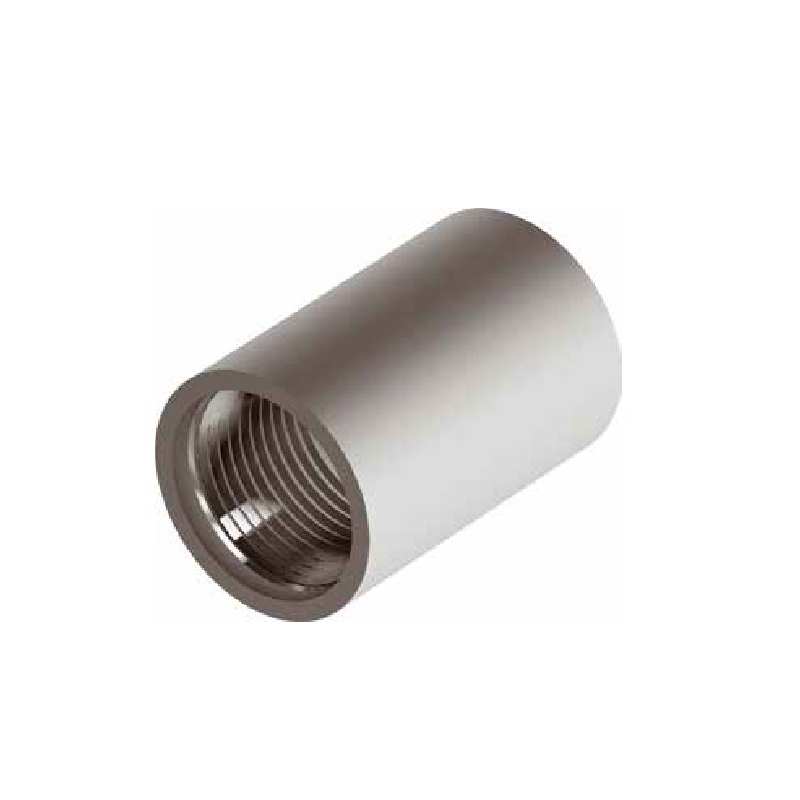
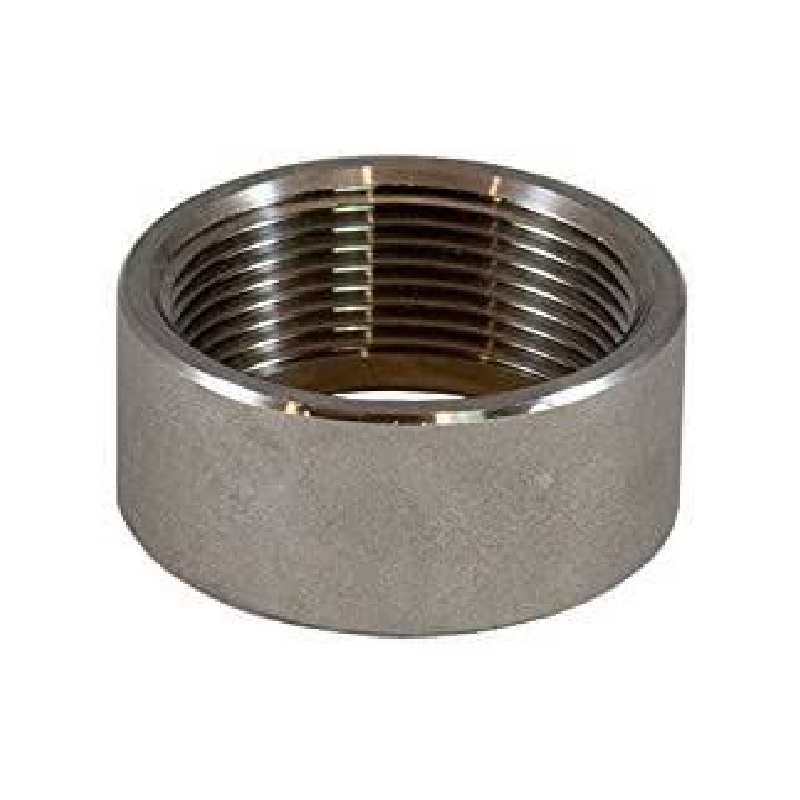
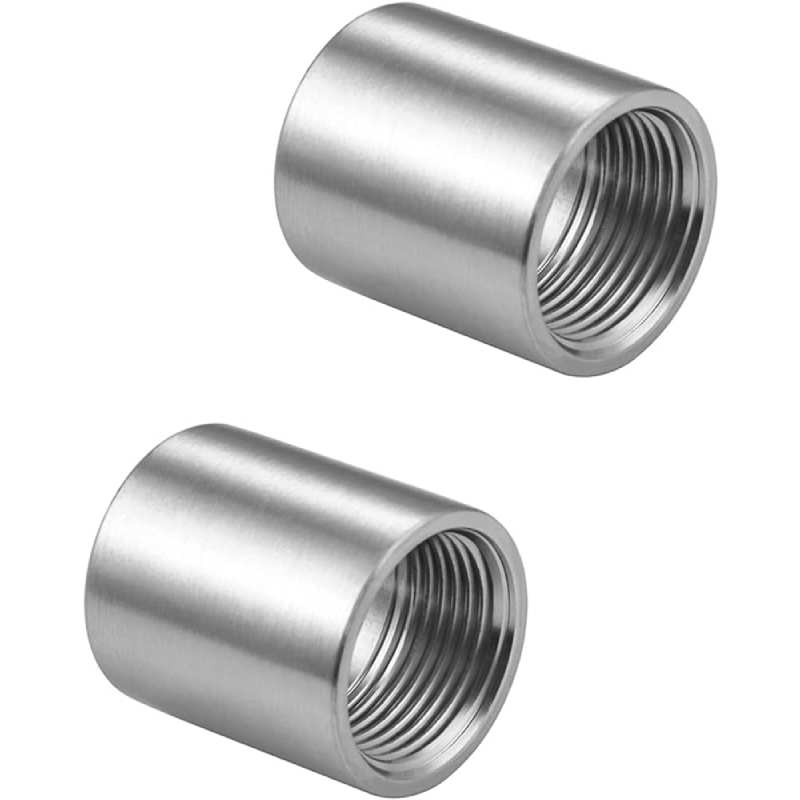
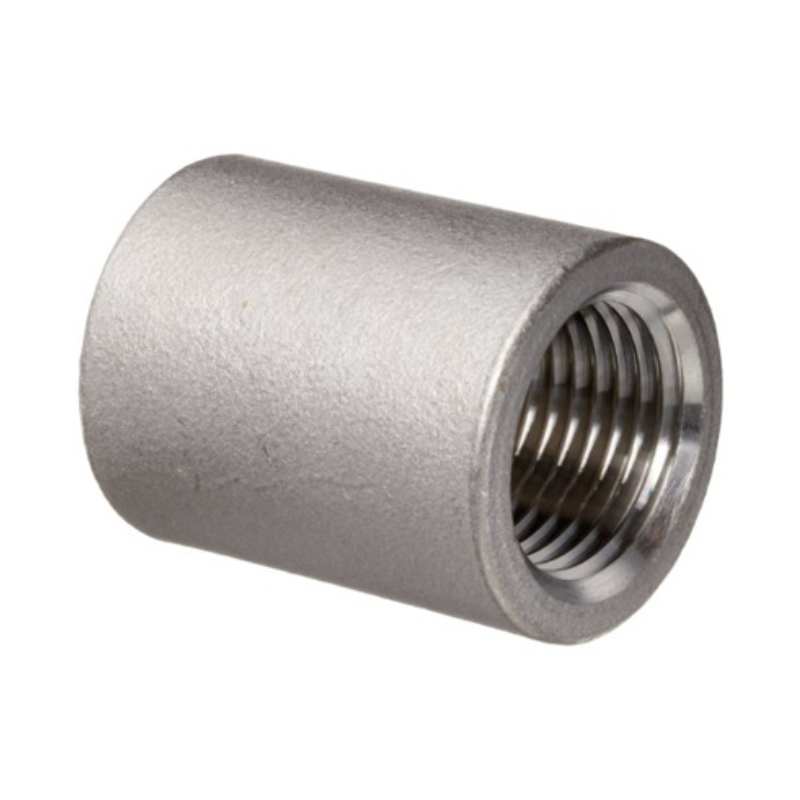
Les raccords filetés sont des raccords indispensables dans les systèmes de plomberie et de tuyauterie industrielle, offrant une solution simple mais efficace pour assembler en toute sécurité les composants filetés. Leur connexion sécurisée, leur polyvalence, leur facilité d'installation, leur joint étanche, leurs options de matériaux et leur compatibilité en font des composants essentiels dans diverses applications où des connexions de tuyaux fiables sont requises. Grâce aux raccords filetés, les professionnels et les bricoleurs peuvent réaliser des installations de tuyauterie efficaces et durables, garantissant un fonctionnement fluide et sans problème des systèmes de plomberie.
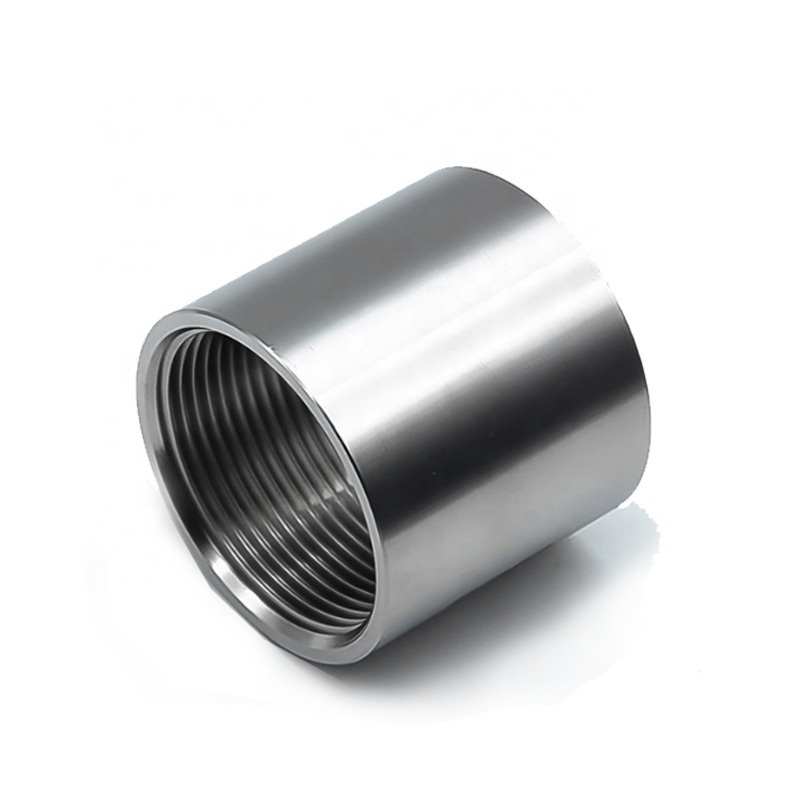
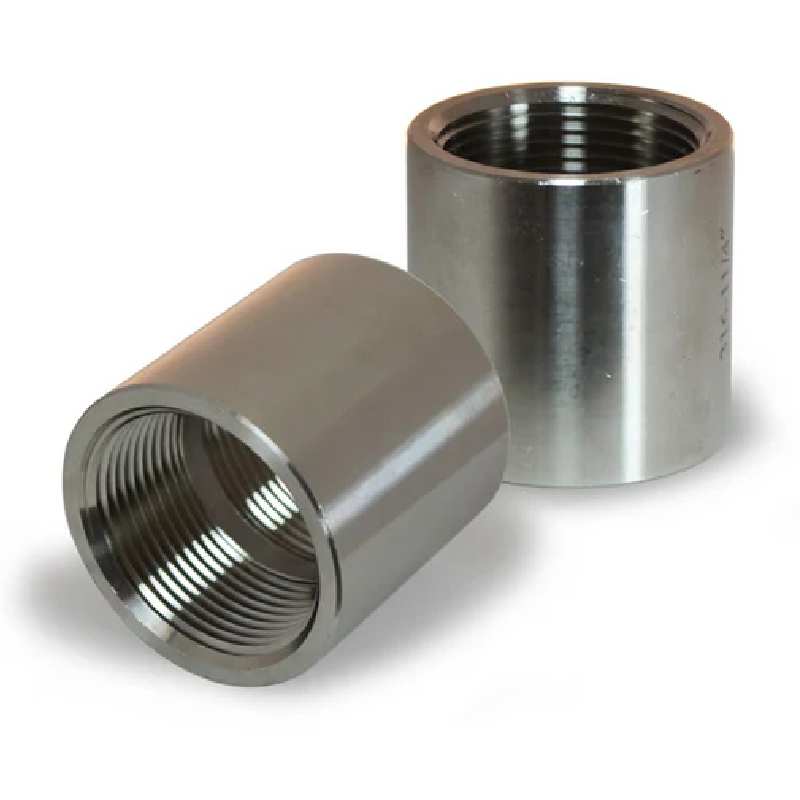
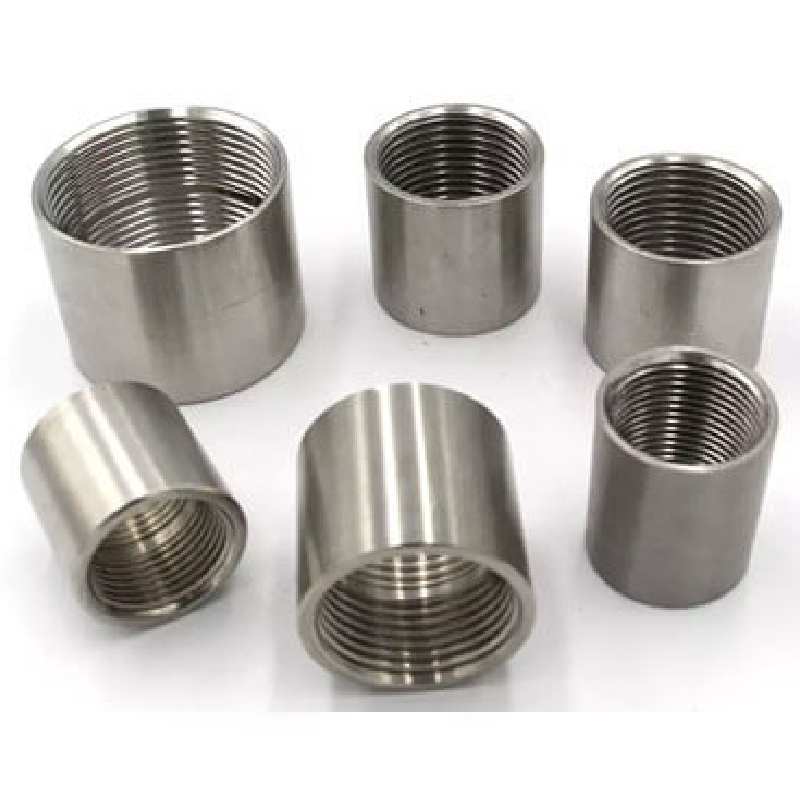
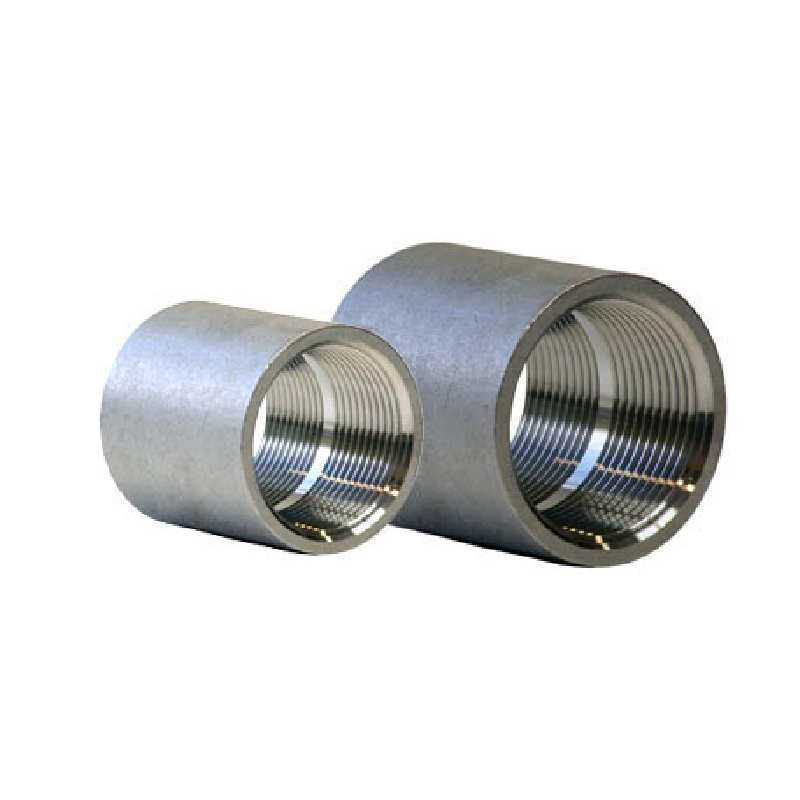
Coupling Thread Types
In the world of piping and plumbing, coupling threads play an essential role in ensuring seamless connections between pipes. Different types of coupling threads are designed for specific applications, and comprehending these types can greatly enhance the functionality and performance of any piping system. One common variant is the 3-inch threaded coupling, which is widely used across various industries.
What are Coupling Threads?
Coupling threads refer to the helical grooves formed on the exterior of a coupling, which allow two pipes to be securely joined. The design and specifications of these threads can vary significantly based on the materials involved and the intended purpose of the connection. Understanding these variations is vital for selecting the right type of coupling for your project.
Types of Coupling Threads
There are several primary types of coupling threads, including NPT (National Pipe Thread), BSP (British Standard Pipe), and metric threads. Each type has distinct characteristics that make them suitable for different environments.
1. NPT Threads: National Pipe Tapered threads are commonly used in the United States. They have a taper that ensures a tightly sealed connection as the threads engage with one another. The 3-inch threaded coupling is often available in this thread type, which is ideal for applications requiring a strong gas or liquid seal.
2. BSP Threads: British Standard Pipe threads are widely used in the UK and other countries. These threads are designed with a different taper and are often found in water and gas lines. Like NPT, 3-inch BSP threaded couplings are also available, catering to various industry requirements.
3. Metric Threads: These threads are defined by their diameter in millimeters and are commonly used outside of North America. Thread specifications can vary, making it imperative to ensure compatibility when working with international piping systems.
Threaded Coupling Dimensions
| Diameter | Thread Type/Standard | Material | Length | Applications |
| 1/4" (1/4-20) | UNC/UNF | Stainless Steel | 1–4" | Small machinery, electronics |
| 3/8" (3/8-24) | NPT, BSP | Carbon Steel | 2–6" | Plumbing, automotive |
| 1/2" | NPT, BSPT | Brass, ABS | 2–8" | Water lines, gas systems |
| 3/4" | NPT, BSPP | Hot-Dip Galvanized | 3–12" | Industrial piping, HVAC |
| 1 1/2" | NPT, BSPT | ABS, PVC | 4–16" | Drainage, chemical systems |
| 2" | ANSI B1.20.1 | Carbon Steel | 6–24" | Heavy-duty construction, oil/gas |
| 2 1/2" | NPT | Stainless Steel | 8–24" | Marine, high-pressure pipelines |
| 4" | BSPP | Hot-Dip Galvanized | 12–36" | Sewage, large-scale infrastructure |
| 6" | ANSI B16.11 | Carbon Steel | 24–48" | Petrochemical plants |
| Metric Sizes | ||||
| 10mm | M10×1.5 | Aluminum | 20–80mm | Precision equipment |
| 20mm | M20×2.5 | Stainless Steel | 50–200mm | Machinery, robotics |
| 32mm | BSPP | Brass | 100–300mm | Hydraulic systems |
| 40mm | Solvent Weld | PVC | 150–400mm | Irrigation, wastewater |
| 50mm | BSPT | Hot-Dip Galvanized | 200–500mm | Structural frameworks |
Key Features & Variations
All-Thread Couplings: Available for 1/4", 3/8", 5/8", and 3/4" rods (lengths customizable).
Solvent Weld Options: 40mm PVC couplings for leak-proof chemical resistance.
Hot-Dip Galvanized: ASTM A153-certified for corrosion-prone environments.
ABS/PVC Couplings: Lightweight, non-conductive solutions for electrical and plumbing systems.
Why Choose Yulong Threaded Couplings?
Precision Threading: CNC-machined threads ensure perfect alignment and sealing.
Bulk Pricing: Discounts on orders over 100 units.
Custom Sizes: Tailor-made couplings for unique industrial needs (e.g., 1.5", 8", M20).
Fast Global Shipping: Ready stock for 90% of listed sizes.
Explore our full range or [contact Yulong] for technical support!
Coupling Thread FAQs
Q1: What is a thread coupling, and what applications is it suitable for?
A1: A thread coupling is a mechanical component designed to connect two threaded components securely. It ensures a robust and reliable connection in various applications such as plumbing, piping systems, hydraulic systems, and in mechanical assemblies. Due to its versatility, it is commonly used in construction, manufacturing, and automotive industries. By providing a strong coupling solution it minimizes leakage or disconnection risks, making it ideal for both residential and industrial projects.
Q2: How do I know if this thread coupling is compatible with my existing equipment?
A2: To determine compatibility, you need to check the specifications of your existing equipment, including the thread size and type—such as NPT, BSPT, or metric threads. Our thread coupling is available in various sizes to ensure that you can find the right fit for your application. If you're still unsure, please consult the product datasheet or reach out to our customer service team for professional assistance in finding the perfect match for your needs.
Q3: What materials are used in your thread couplings, and are they durable?
A3: Our thread couplings are made from high-quality materials, including stainless steel, brass, and durable plastics, depending on the specific version you choose. Stainless steel and brass options offer exceptional corrosion resistance and superior strength, making them suitable for demanding environments. You can trust our thread couplings to provide a long-lasting and reliable connection, even under high-pressure conditions.
Q4: Are these thread couplings easy to install, or do I need professional help?
A4: Our thread couplings are designed for straightforward installation, allowing for quick connections without the need for specialized tools. With a simple thread connection, you can easily install them by hand or with standard tools, depending on the application. However, if you are unsure or are working on a complex system, we recommend consulting with a professional to ensure optimal performance and safety.
Q5: Do you offer warranties or guarantees on your thread couplings?
A5: Yes, we stand behind the quality of our thread couplings and offer a warranty that covers any manufacturing defects. If you experience any issues within the warranty period, we will gladly assist you with a replacement or refund. Customer satisfaction is our priority, and we are committed to ensuring you have a positive experience with our products. Feel confident in your purchase, knowing we support our customers long after the sale.







